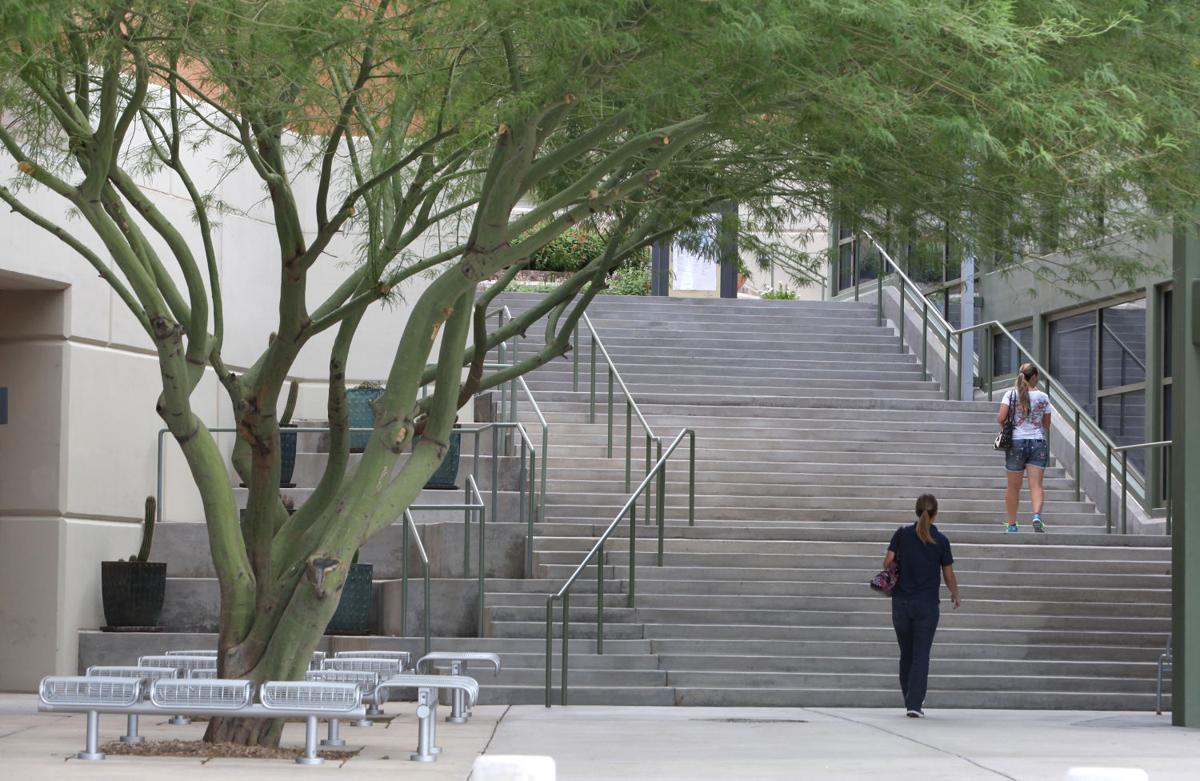A bill that would force Pima Community College to stop using inflated enrollment figures to calculate its constitutional spending limit has cleared another hurdle in the Arizona Legislature.
The House Government and Higher Education Committee voted 5-2 Thursday to support Senate Bill 1322, which requires all community colleges to use an average of actual enrollment instead of estimates when establishing their annual spending ceilings.
The bill includes a change sought by PCC which would allow schools to use a 10-year average of actual enrollment for up to three years before reverting to a five-year average.
The bill also contains a new enrollment calculation formula that puts a 30 percent higher value on career and technical education students than on other students when determining a school’s spending limit. And it allows colleges to exempt certain types of revenue – such as funding from community business partners -- from the spending limit calculations.
A college’s spending limit, which is separate from its budget, caps the amount of local revenue such as taxes that can legally be spent through a formula based until now on enrollment estimates. It does not limit how other revenue, such as tuition dollars, can be spent.
PCC longtime practice of inflating its enrollment estimates – by 30 to 40 percent a year in recent years –is part of what prompted scrutiny from state legislators.
Has the bill had been in effect this school year, PCC’s spending limit would have fallen by about $4 million.
The committee heard nearly two hours of arguments for and against the bill Thursday before giving it a thumbs-up.
Critics said the bill alters existing rules so much that the changes should be presented to taxpayers for voter approval, since the original rules for community college spending limits were established by voters in 1980.
“What you’re providing is an override for the entire (community college) system,” said Michael Hunter of the Phoenix-based Goldwater Institute, a conservative policy organization.
Supporters said the bill will bring transparency to spending limit rules by banning the use of enrollment estimates, and will make it easier for community colleges to offer more-costly career and technical training programs that lead to better-paying jobs.
“We’re making it a little easier for our community colleges to provide educational opportunities,” said the committee chair, Rep. Bob Thorpe of Flagstaff
The bill, which already has passed the Senate, now must win approval the House Appropriations Committee and get the go-ahead from the full House before it can proceed.





